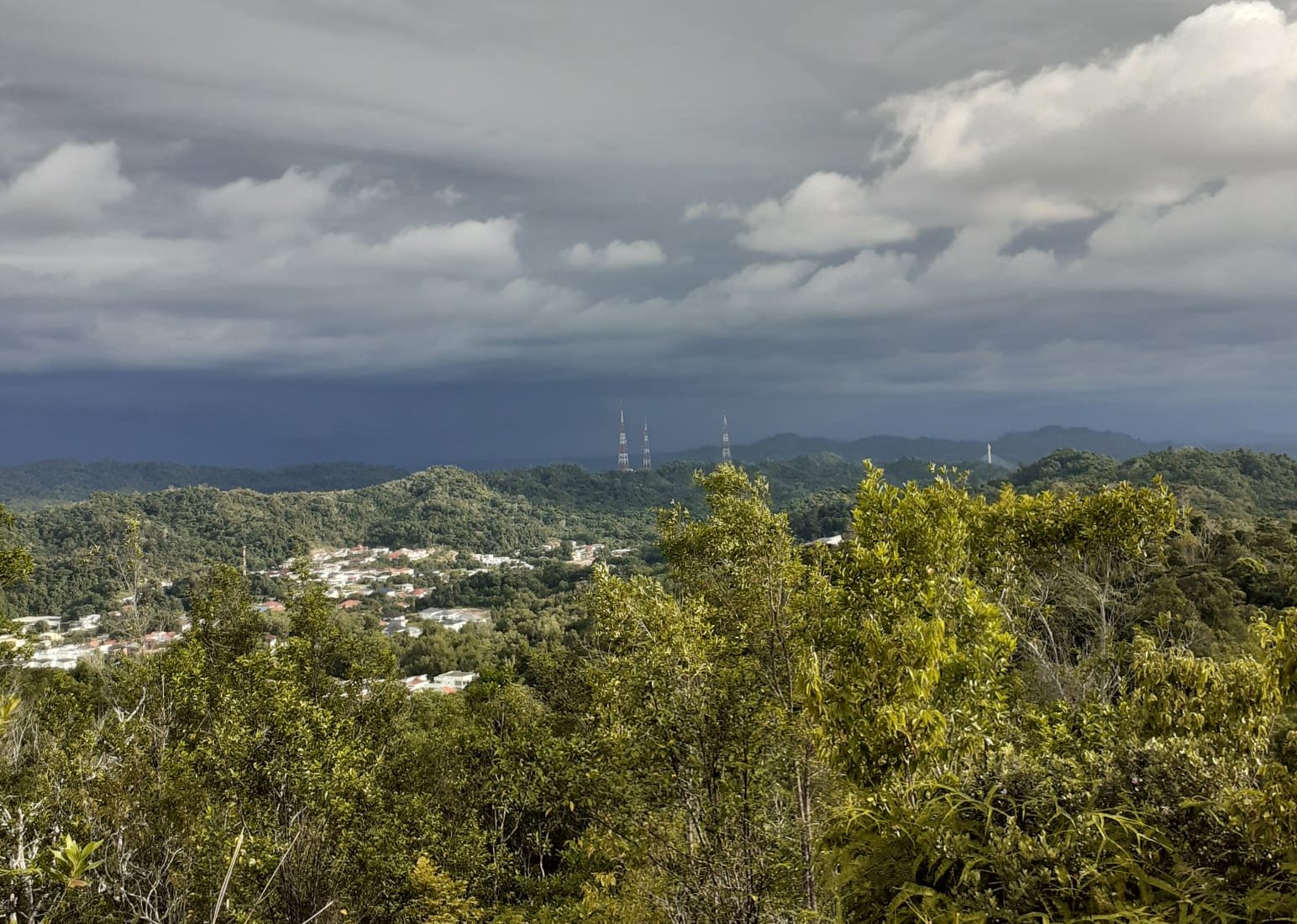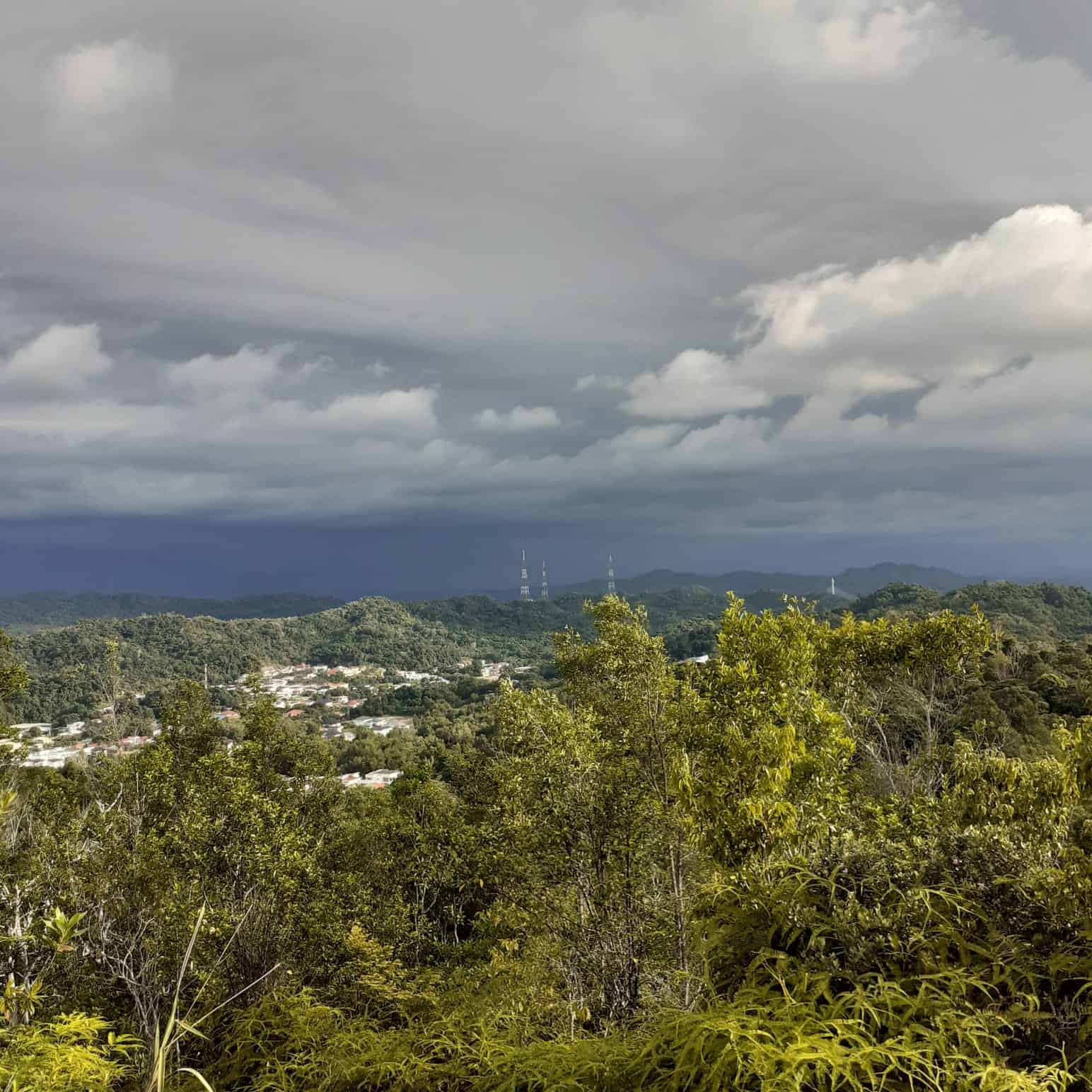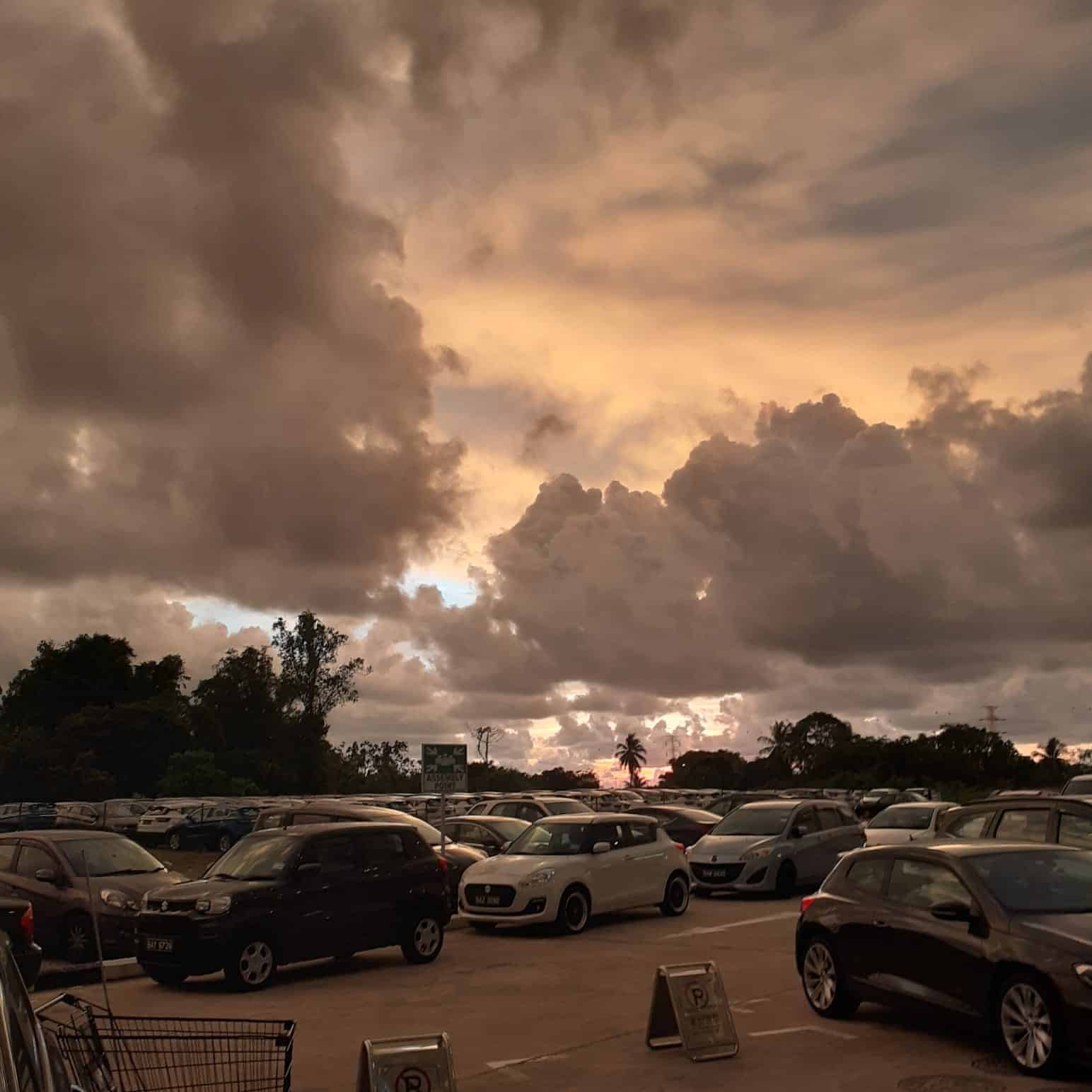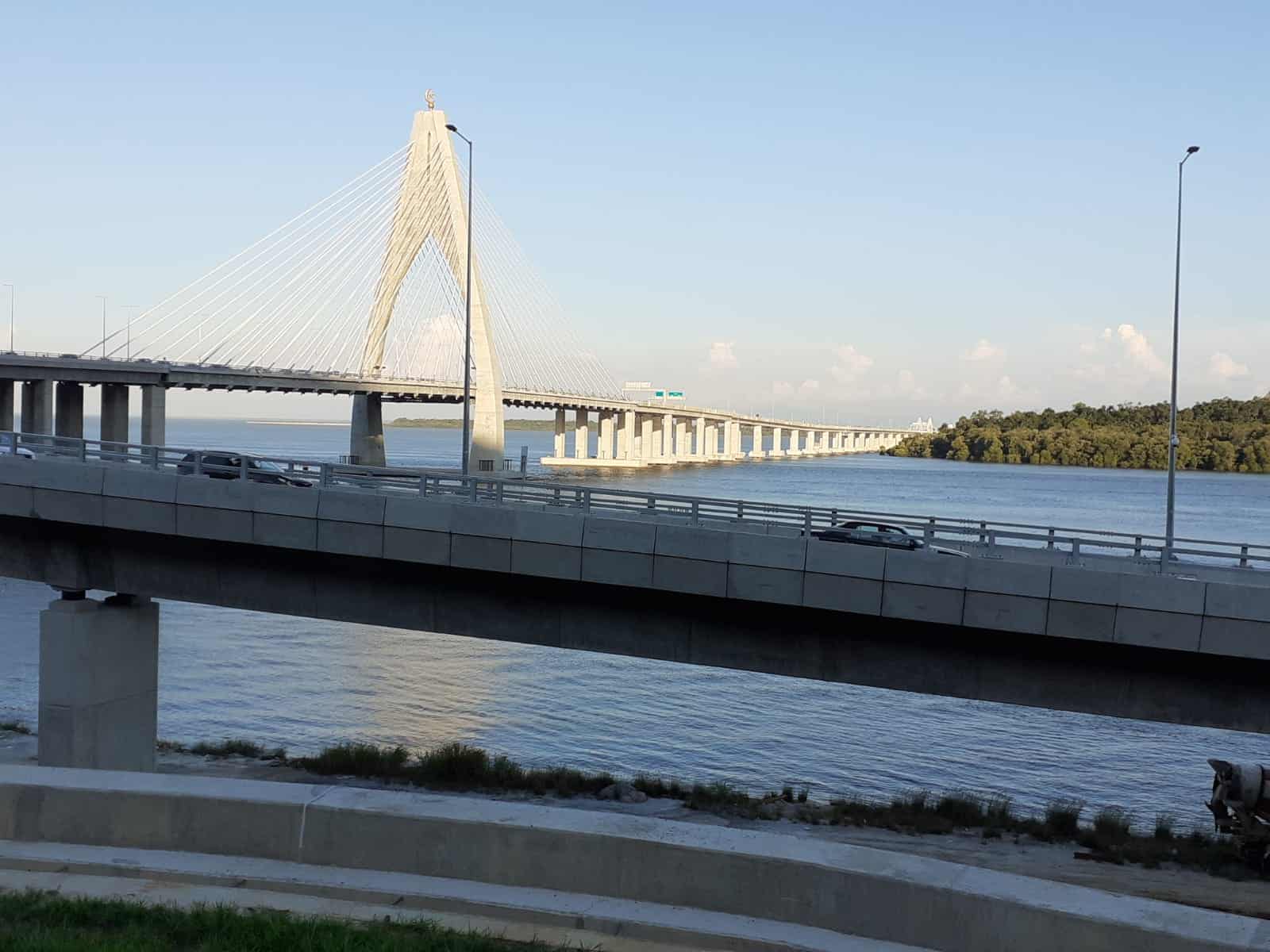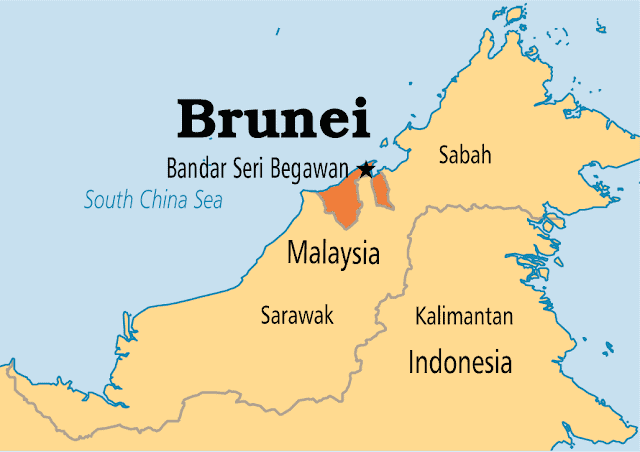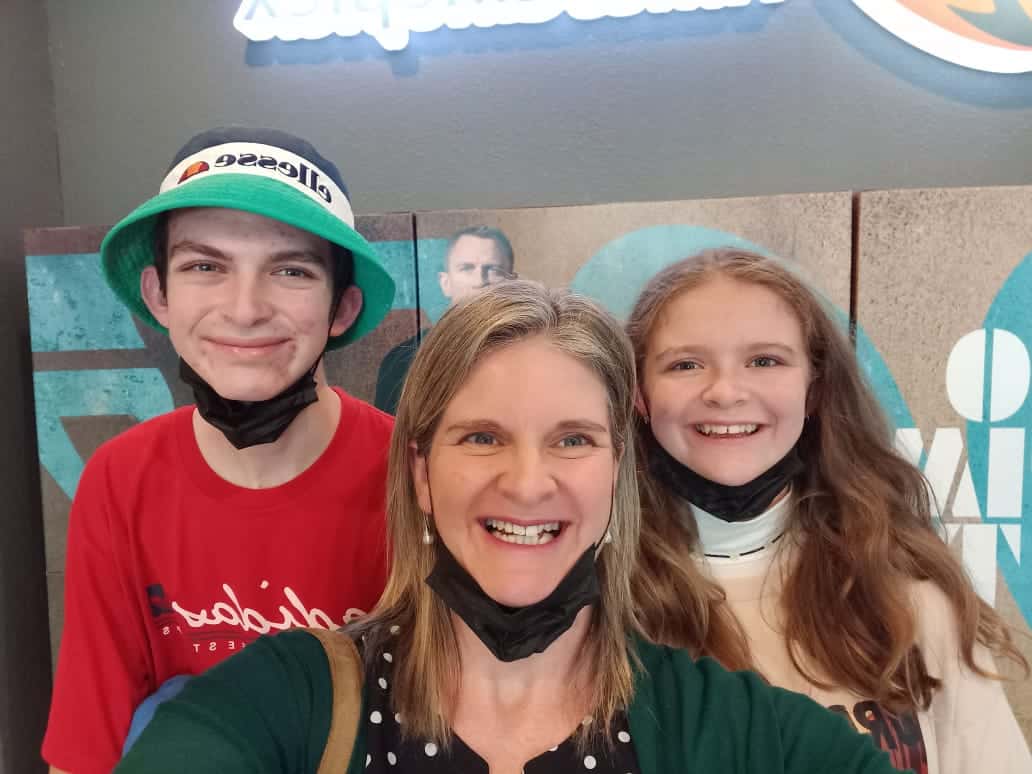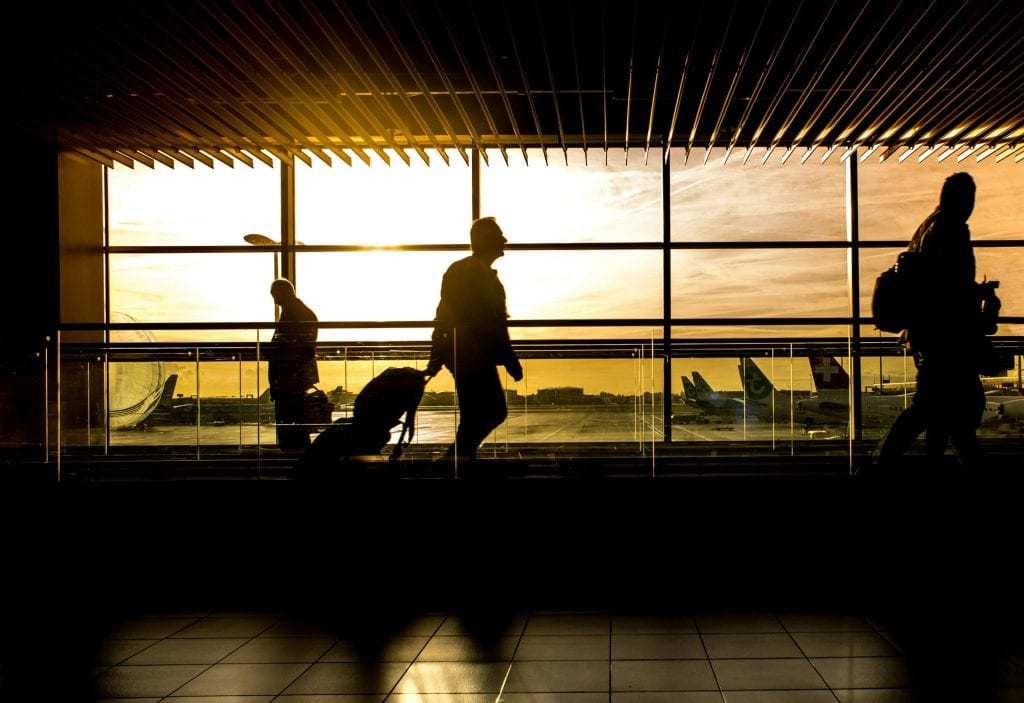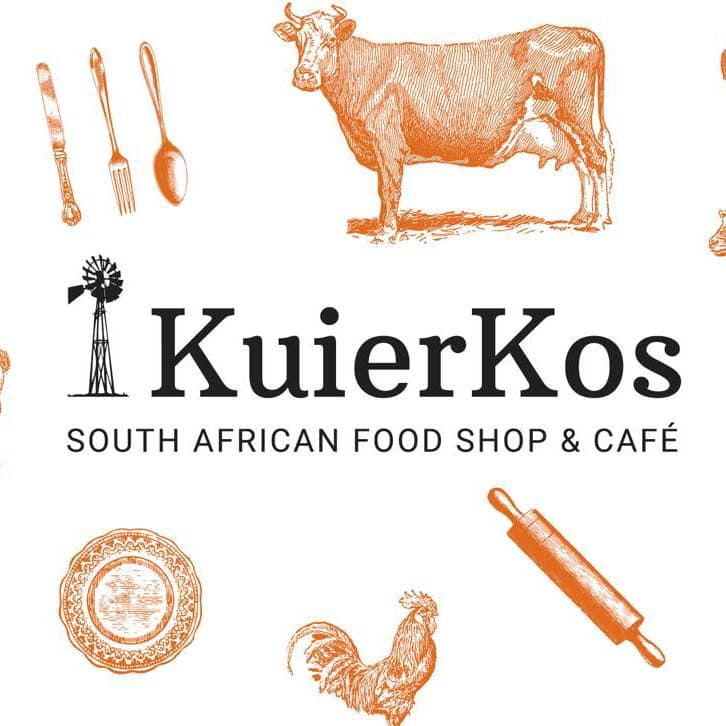Out and About is a column where we chat with people who currently live abroad, or who used to live and work there. This week we chat with Jatha Peda who lives with her two children on a tropical island called Brunei. She tells about the initial culture shock of seeing massive lizards crossing the roads and how she misses South Africa’s dry winters.
Hello Jatha, it is always nice to get an email from someone who lives in a country we have never been to or heard of. Tell us more about Brunei.
“Brunei? Where in the world?” I also initially had to find Brunei on Google, as I also did not know where it was. Although it is a very small country on the island of Borneo (you can cross the country in two hours) they are very rich in gas and petroleum.
Brunei is a Muslim country and that is also how I initially heard of it. On RSG (of all places) it was mentioned on the news that sharia law was accepted in Brunei in 2019. That should be a good reason to not consider Brunei at all, but after reading about Open Doors in our church newsletter urging people to pray for Brunei, and finding out they were looking for English teachers, there was no stopping us. When I also found out it was the only job I applied for that I was almost immediately accepted for, it was cast in stone. We have been here for two years and two months now, and we are very happy.
It is a peaceful and tranquil country where there is law and order. Crime is something we do not even know of here. It is a wonderful place to raise children if you have an uncompromising faith and if you honour traditions. My children attend a very good international school, and I would not have been able to offer them this type of education in South Africa.
You mentioned that you got settled in Brunei just before the pandemic hit. Can you share the experience and all your emotions and the adjustments you had to go through?
We arrived in Brunei very excited at the beginning of the dreaded 2020. We had dreams of travelling to places like Singapore, Bali and Kuala Lumpur, since it was now within our reach. Within two months of our arrival, Covid-19 struck, and Brunei closed its borders in March 2020. It meant we would not be able to return to the country if we decided to go somewhere else. It was a huge disappointment.
The government acted immediately and put the country under lockdown for two months. Eventually there were no Covid cases and life returned to normal without masks and social distancing. While the rest of the world went through all the phases of Covid, we continued as usual and were somewhat removed from reality. Weddings, parties, school gatherings and sport events continued as usual, while we had to witness how the world had to go through the worst pandemic of all time. We were very frustrated and unable to go anywhere, but we realised the Brunei was the safest place to be.
Now, only in 2022, Omicron hit us hard. We have thousands of Covid cases every day and the schools and businesses are severely impacted. However, the process is thoroughly regulated. We have an app, BruHealth, that is used to regulate your health status. All businesses have a QR code that needs to be scanned before you enter. You are only allowed inside if your status is green. If you test positive (we use Antigen Rapid Tests) you are immediately placed in quarantine at your house. I must add that the citizens are very obedient and will never even consider doing anything that goes against the country’s regulations.
You mentioned that you have two children, how old are they and how did they adjust in the new country?
My two children are 14 and 16 years old. They attend the International School of Brunei. It was a huge adjustment for them initially because of the English tuition and the variety of cultures.
Being Afrikaans “boere” children meant the adjustment was all the more challenging. The fact that the school year runs from August to July meant that they had to start their school year mid-term (in the beginning of January), which also made it difficult. I am however grateful for the fact that my son is currently busy with his IGCSE Cambridge Year 11 exams. My daughter has made friends from various countries: Sri Lanka, India, Britain, and Switzerland, amongst others.
They can chat up a storm in English, but we have a rule that we only speak pure Afrikaans when we are at home. We also listen to Radio Pretoria at home, and it almost feels like you are in South Africa at our house. It is our saving grace, being so far from our roots and our family. It expanded my children’s world view, and they are very mature for their age.
Tell us more about your job – what does a typical day look like?
Teaching here in Brunei is any teacher’s dream. I teach English (ESL) at a government school for girls in the capital Bandar Seri Begawan. I can still recall my reaction on the first day I walked into my classroom: absolute amazement! The girls immediately stood up and greeted me. They then proceeded to sit down quietly, with their books and stationery ready on their tables. The class was silent, and everyone was waiting for me to say something. They immediately started working and it was not a case of a new broom that sweeps the cleanest.
Even now, after two years at the school, I have never needed to discipline anyone. These children are very well raised and being disrespectful towards a teacher does not exist in their frame of reference.
My school day starts at 07:30 and I have class until 12:30, when the school day ends for the learners. Teachers then need to stay at the school until 14:30 to do admin. I usually use this time to mark books and do preparation. I have never taken any work home in the entire time I have been here. There are no extramural activities, so I can spend the rest of the day with my children.
Was it a huge culture shock?
We found it to be a very huge culture shock. Apart from the fact that it is a Muslim country and we do not have a church here, it was the smells, climate and wild animals that hit us the hardest. Brunei is very close to the equator and there are many rainforests. There are dense forests with high trees, shrubs and plants that are always green. We miss the dry grasslands in the winter in South Africa. It rains on average every second to third day, so no plant can dry out. Temperatures vary between 28 and 35 degrees Celsius every day of the year, with a high humidity. It is never winter, and it is never cold. When you go outside, it feels as if you are swimming through the air. As a result, everything is moist and there is a permanent musty smell in the air. This is the result of all the open drains and open gullies for rainwater.
The musty smell combined with the smell of curry and chilli foods eaten by the Malay people here, was a huge culture shock. At least time heals everything, and we are so used to it by now that we no longer notice it. It is also not strange to see large monitor lizards longer than a metre crossing the road, or to see crocodiles in the sea. Something else that is strange is the divided weekends. I teach from Mondays to Thursdays. Friday is an off day because all Muslims have prayers, and on Saturdays I work again, followed by an off day on Sunday. The unnatural weekend is something I still haven’t gotten used to.
Is it expensive to live in Brunei?
When compared to the rand, Brunei is an expensive country. One Brunei dollar will cost you between R11 and R12. Initially it was a shock to realise we live in a house where the rent is $1 800 per month. (Luckily the company I work for pays for it). Fresh milk will cost you almost $7 (R80) for two litres and a raw steak almost $30 (R400). Petrol is however very cheap, and I can fill my tank for only $17 (R200). Later you realise that you cannot convert everything into rands, and if you earn dollars everything is much more affordable.
What is your favourite dish you have eaten in Brunei?
Brunei is a very young country (they only received independence in 1984) and they are still busy developing their traditions and history. We found it very difficult to get used to the “tasteless” food here. Rice is their staple food and it is eaten with chicken. Ambuyat is their national dish. It is a white sago dish made from the inside of the sago palm and is served with savoury sauces. It is then slurped up because it cannot be chewed. We haven’t been brave enough to try it.
Do you have any advice for people who want to teach English abroad?
I can really recommend teaching in Brunei. I have never enjoyed teaching as much as I do here. The British company I work for, CfBT, looks after its employees and they arranged and paid everything for us: plane tickets, visas, accommodation, a rental vehicle we could use in the beginning, as well as training for two weeks. It is an unbelievable learning experience, and you have the world at your feet because you earn dollars. If anyone is interested in teaching abroad, they are welcome to contact me.
What do you miss the most about South Africa?
We miss winter! We miss our family and friends, of course, but also everyday things such as Mrs Balls Chutney and fresh bread. We miss the wonderful South African climate as well as the trips to beautiful places in South Africa with road trip snacks. And the warmth of South Africans!
ALSO READ: Out and About: An email from Germany
Share on
Latest articles



